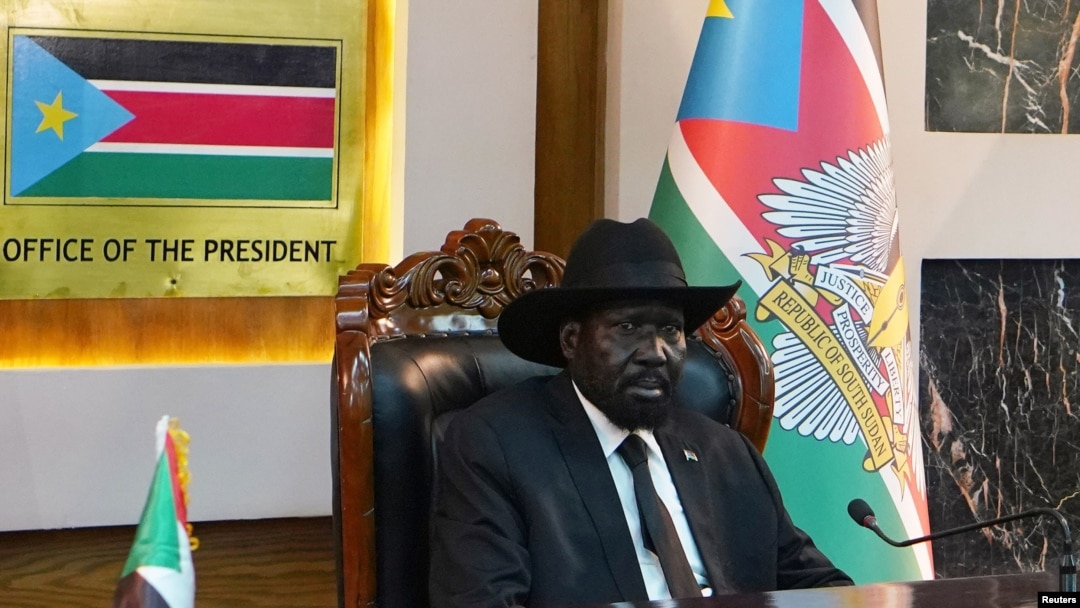Partners in South Sudan’s unity government violated a provision of the 2018 revitalized peace agreement that states that 35% of all government positions should be filled by women, women’s groups say.
Amer Manyok Deng, chairperson of the South Sudan Women’s Bloc, a stakeholder at the peace talks, urged President Salva Kiir on Thursday to revoke his recent appointment of eight governors, of which only one is a woman.
If he refuses, Deng told South Sudan in Focus, Kiir should find a solution that meets the required 35% quota for female representation at all levels of government.
“These spaces, we are not going to leave it like that," Deng told VOA. "They have to call out the rest of the people who are seated in our space and the women must be there. In case it becomes difficult for the president to reverse the decree for the appointment of the governors, he has to appoint all deputy governors female.”
In addition, Deng said, half of the president’s cabinet should be female, as should the speaker of the Transitional Legislative Assembly and chief justice.
The September 2018 revitalized peace deal states that all stakeholders should allocate 35% of their share of positions at all levels of government to women.
Not too late for change
Kiir announced the appointment of eight of 10 governors and three area administrators on Monday, all of whom took the oath of office on Wednesday.
It’s not too late to reverse those appointments, according to Deng.
“This [is] a right in the agreement and it is signed and the SPLM Party [Kiir’s Sudan People's Liberation Movement] are the ones who launched the anticipation of women, and women affirmative action 35% in 2016, so we are wondering why should it be SPLM again to violate it,” she said.
Women lobbied relentlessly to ensure that the country’s stakeholders would appoint women to positions of power in the transitional government, according to Caroline Kibos of the South Sudan Women’s Coalition.
“We even submitted a list of women we thought could have positions in this government, but we are just so disappointed that these people did not consider women voices, although women have been in this throughout the negotiations, the mediation, and women have played a role in all these processes," Kibos told South Sudan in Focus. "We wonder why it is only at this point that they forget women, yet they made commitments to honor the 35% representation of women.”
Women who try to meet with government officials to discuss the inequity issue cannot get an appointment, Deng said.
“They have very serious security at their gates," Deng told VOA. "When we want to approach them in their offices, we are given an appointment, which is not taking place for years. Their security personnel at the gate, in their offices, are the ones who start ignoring us.”
If women were given a chance to lead public offices, they would do better than men in terms of service delivery and maintaining security, Deng said.


